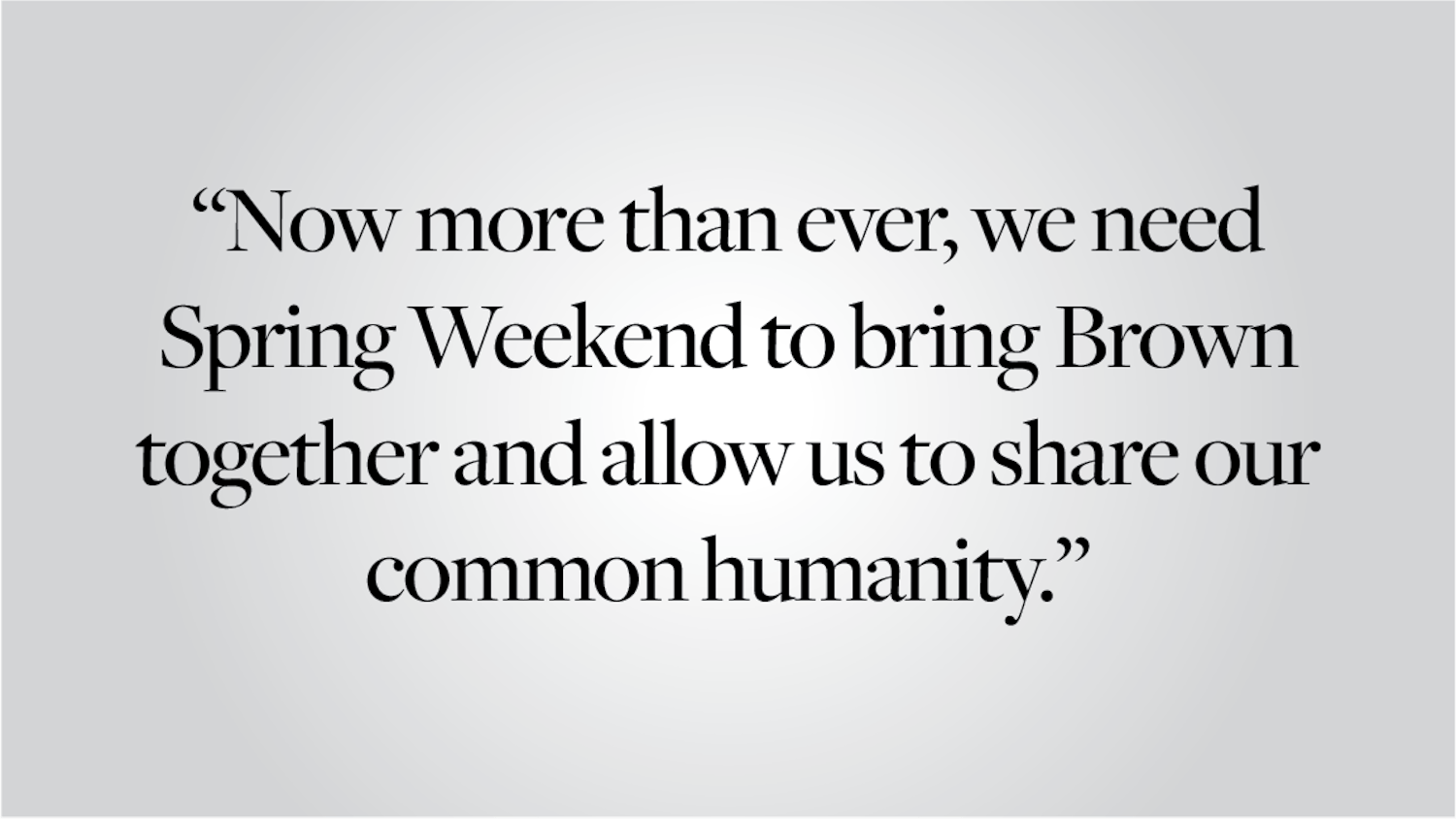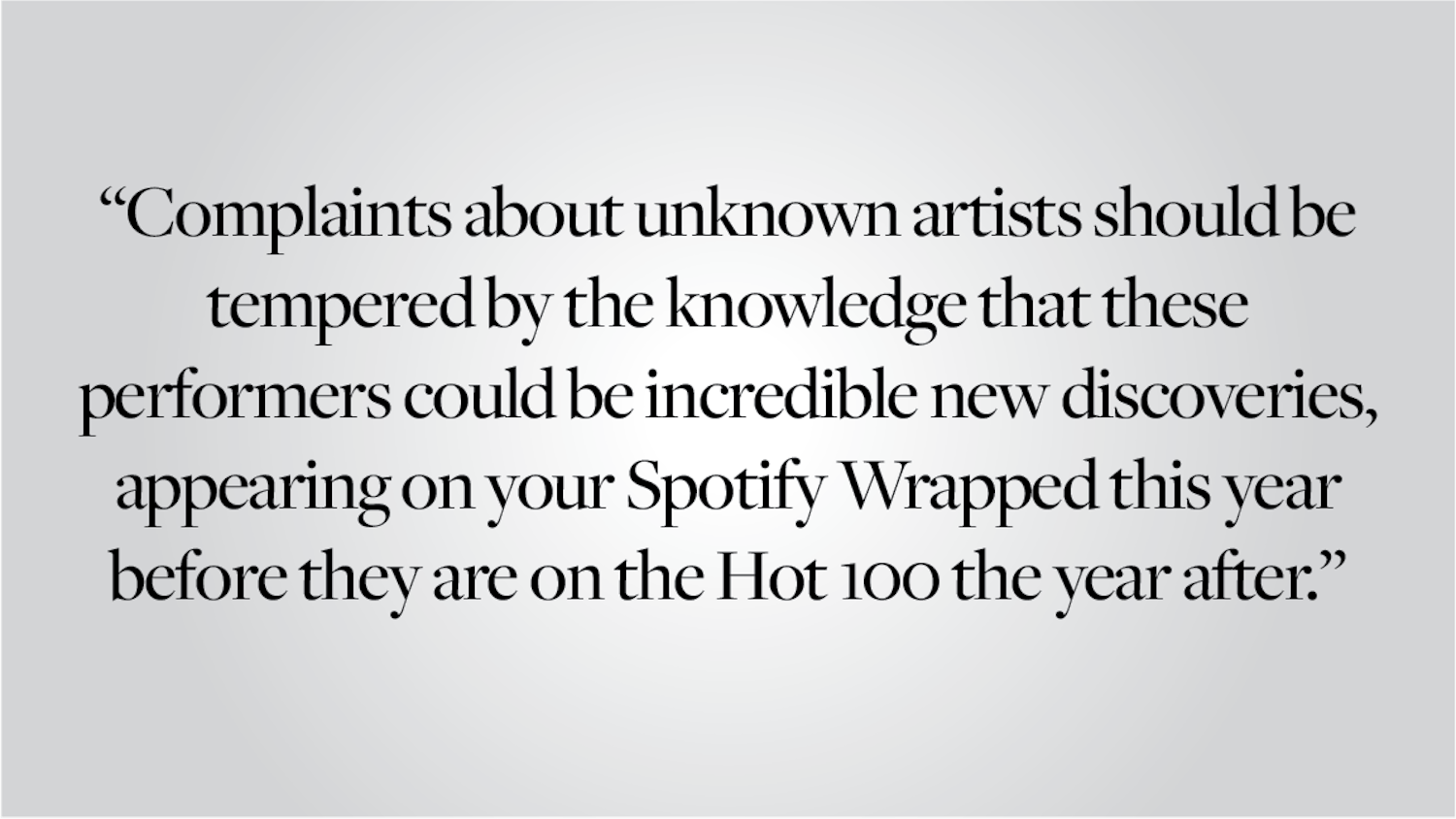Four semesters ago, I vowed to my roommate that I would take a bullet to save any elephant from poaching. Astonished, he asked, “Why would you do that?” I grinned and said, “Because wild animals, elephants specifically, are majestic and they don’t really care about us.” Then I went on to describe the traits of elephants and the different nuances that make them intelligent and compassionate — the usual stuff you read in the papers and watch on National Geographic but interspersed with personal anecdotes to corroborate my arguments. Then came the sad truths: About 100 elephants are killed every day in Africa, my home continent, and the total number of endangered species increases by the day. In a few decades, these majestic beasts will not be trekking across this green earth (if it will be green at all!). My voice trailed off as I narrated these facts and rose again as I tried to explain why elephants might survive — because non-governmental organizations, governments and conservation activists are working tirelessly to protect elephants and any endangered species. It is with this belief that I had joined Save the Elephants three years ago to help protect African wildlife.
But now, I don’t care anymore. In fact, I am resigned to seeing the elephants extinct in the near future. If the previous sentence made blood run cold in your veins, then brace yourself for this: I would have the rhinos, the lions, the buffalos, the cheetahs and any of the endangered species disappear from the savannahs and forests all over the African continent. Gone. Thrust into the history books — joining the ranks of the dinosaurs — for the study of our future generations. Rather than continuing to watch as we slowly and mercilessly slaughter endangered species, I prefer to get done with this inevitable brutality and have us face the consequences of our greed.
My recent disillusionment and apathy for the conservation of animals, specifically African animals, has been festering for some time. For a long time, I’d been troubled and even willing to sacrifice my life for endangered wild animals if it came to that. In fact, many other people have suffered this fate. Many continue to do so. But I realized that we had reached a hopeless point in our quest when the northern white rhinos’ population dwindled to a mere three. On the entire planet! Then the number of chimpanzees decreased, and the gorillas, and the lions, and the whales and so on. And still, the animal conservationists continued to preach that we could replenish these species, increase their numbers and ensure their continued survival.
Just as I was naive two years ago, you might also be fooled into believing that there is something that can be done, that we can somehow save the white rhinos and the elephants. But do you really think three northern white rhinos can save an entire species? And even if you do — disregarding the fact that these beasts don’t reproduce as fast as is needed — can we save them with poachers at their heels (or hooves) day and night?
Poachers: villains who have decided to wipe the planet of its biodiversity and who shoot down ranger planes and kill rangers to get to their target animals. Because of them, governments and NGOs spend millions of dollars on anti-poaching equipment and personnel, establish ivory trade bans and educate the public in a bid to protect and save the almost-extinct animals in Africa. But do not be mistaken: Poachers are not the enemy. The American, European and Asian markets are the real enemy; these market forces are the tyrannical overlords that drive the poaching empire, oblivious of the effects of their unwarranted consumerism of ivory and other wildlife products. For example, in 2015, Cecil the lion was killed by an American dentist, Walter Palmer, who walked free even amid outcry from the international community. After almost driving the southern white rhinos to extinction in the 1800s, Europeans now provide a market for legal and illegal trade for endangered wildlife products. China leads the world in this trafficking empire.
Once again, the Africans have been played — their animals have been eradicated from their savannahs and forests right under their noses. By the west and the east. I don’t mean to downplay the extensive efforts by various foreign and local governments, NGOs and soldiers to protect the endangered. Their efforts are appreciated and necessary. What I critique, though, is the late timing of the international community in joining this animal conservation bandwagon; the reluctance and negligence of international governments to address climate change and its effects on biodiversity; and the well-intentioned but failing conservation efforts of various organizations and governments, as evidenced by the continued dwindling numbers of endangered wildlife.
But what finally hurled me into this disillusionment is the inordinate focus of animal conservation over the wellness of people, especially in a continent that has most of the poorest countries in the world. Too many resources are invested in this lost cause, detracting from funding toward humanitarian efforts and poverty relief. Here is the truth: All the preaching and high praise of animal conservation is a losing battle — a battle that we continually fail at and might catastrophically fail at very soon.
So, I urge you, adventurous folks, to enjoy watching and reading about endangered animals while they exist. As for me, I am watching and waiting for the scramble of the horns, teeth and skins to end. Then I will begin searching for those wielding the precious jewels, earrings and doormats of lion skins. I will find the tragic remains of the endangered animals we have lost. I will commemorate. I will cremate.
Daniel Murage ’17 plans to devote his time collecting any information on endangered animals and species for historical documentation and enlightenment of future generations. He can be reached at daniel_murage@brown.edu. Please send responses to this opinion to letters@browndailyherald.com and other op-eds to opinions@browndailyherald.com.




